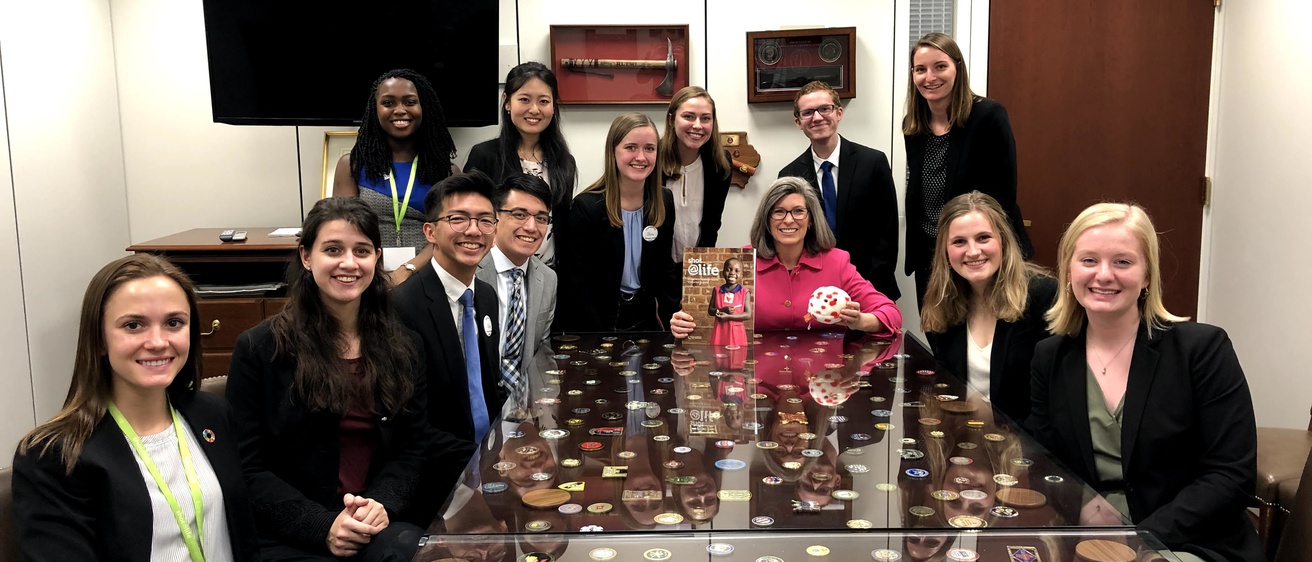The University of Iowa's Global Health Studies Program is a model of interdisciplinary education that engages students and faculty in real world health problems while placing a priority on improving health and achieving equity in health for all people worldwide. This mission lends itself to Community Engagement defined as "the collaboration between institutions of higher education and their larger communities (local, regional/state, national, global) for the mutually beneficial exchange of knowledge and resources in a context of partnership and reciprocity."
Local Health is Global Health
There are many ways for GHS students to support local/global organizations which are working for health equity. GHS faculty and staff connect our students to intern and volunteer opportunities with organizations such as Proteus, Grow Johnson County, U Iowa Mobile Clinic, IC Compassion, Iowa City Free Medical Clinic, and Shot@Life. Additionally, through research projects and courses, students have collaborated with community organizations such as Open Heartland, Center for Worker Justice, Community Health Initiative/Haiti, the World Food Prize, the Special Olympics, and more.
Faculty Research and Outreach
Global Health Studies faculty members conduct research at a variety of sites worldwide, including Colombia, India, Haiti, the Caribbean, Germany, and Southeast Asia. Interested students work with faculty and staff to integrate international study and research opportunities into their graduation plans. As experts in their field, GHS faculty are often asked to be part of public programming activities. Recent examples include a CLAS Theme Year Event, "Barriers to Health Equity in Iowa City: Centering Diverse Community Voices," an Obermann Center Pandemic Insights discussion, "Effects of COVID-19 on Food Systems," and an Iowa City Foreign Relations Council presentation on global garbage and global health.
